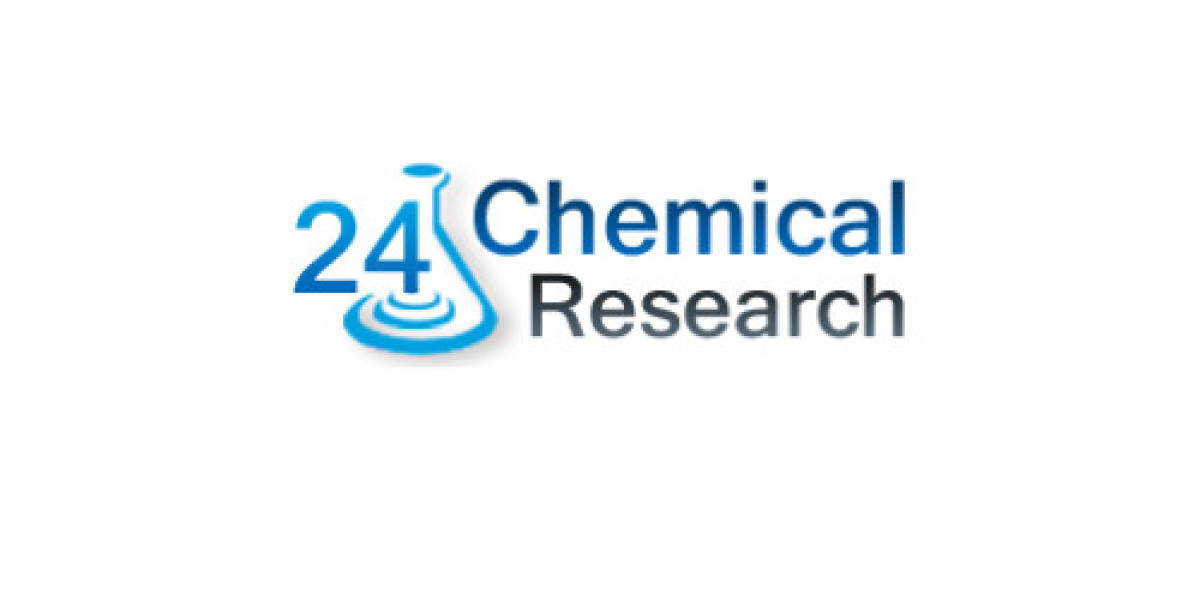In legal proceedings, professional testimony often plays a critical role in elucidating complex issues and guiding decision-making. Whether you are an expert witness or a legal professional preparing to present or cross-examine one, understanding how to deliver impactful testimony is crucial. This guide explores strategies for mastering professional testimony to ensure clarity, credibility, and effectiveness in the courtroom.
Understanding the Significance of Professional Testimony
Professional testimony involves providing expert opinions and insights based on specialized knowledge. This testimony can clarify technical aspects of a case, establish facts, and influence the court’s understanding. The credibility and clarity of the testimony can significantly impact the outcome of a trial, making it essential for experts to present their findings effectively.
Preparing for Testimony
Thorough preparation is key to delivering effective testimony. Here’s how to ensure you’re ready:
- Review Case Materials: Familiarize yourself with all relevant documents, evidence, and case specifics. Understanding the context in which your testimony will be used is crucial.
- Develop a Clear Narrative: Structure your testimony to present a coherent narrative. Outline your key points and how they relate to the case.
- Prepare Visual Aids: Utilize diagrams, charts, and other visual aids to illustrate complex concepts. Ensure these aids are clear, accurate, and easy to understand.
Delivering Testimony
Effective delivery involves several components:
- Clarity and Precision: Use clear, non-technical language when possible. Avoid jargon unless it’s explained thoroughly. Precision in language helps prevent misinterpretations.
- Confidence and Composure: Speak confidently and maintain composure. Nervousness or hesitation can undermine credibility. Practice your delivery to build confidence.
- Engage with the Audience: Address your explanations to the judge or jury, making eye contact and responding to their reactions. Tailor your explanations to their level of understanding.
Handling Cross-Examination
Cross-examination can be challenging, but with the right approach, it can be managed effectively:
- Stay Focused: Listen carefully to each question and stay on topic. Avoid providing more information than necessary, which can lead to further probing.
- Remain Professional: Maintain a calm and respectful demeanor, even if faced with aggressive questioning. Your professionalism enhances your credibility.
- Clarify Misunderstandings: If a question is based on incorrect assumptions or misinterpretations of your previous testimony, clarify promptly and accurately.
Dealing with Challenges
During testimony, you might encounter challenges such as:
- Complexity of Subject Matter: Break down complex information into simpler components and explain them step by step.
- Contradictory Evidence: If confronted with conflicting evidence, address it directly by explaining how it aligns or contrasts with your findings based on your expertise.
- Bias Claims: If your impartiality is questioned, emphasize your commitment to objective analysis and the basis for your opinions.
Post-Testimony Considerations
After delivering your testimony, reflect on the experience:
- Review Performance: Analyze your performance to identify strengths and areas for improvement. Consider feedback from legal professionals or peers.
- Follow Up: If needed, be prepared to provide further clarification or additional information as the case progresses.
Conclusion
Mastering professional testimony requires a combination of thorough preparation, clear delivery, and the ability to handle challenges effectively. By understanding the significance of your role, preparing meticulously, and presenting with clarity and confidence, you can make a substantial impact in the courtroom. Whether you are an expert witness or involved in managing expert testimony, these strategies will help ensure that your contributions are effective and influential in guiding legal outcomes.



